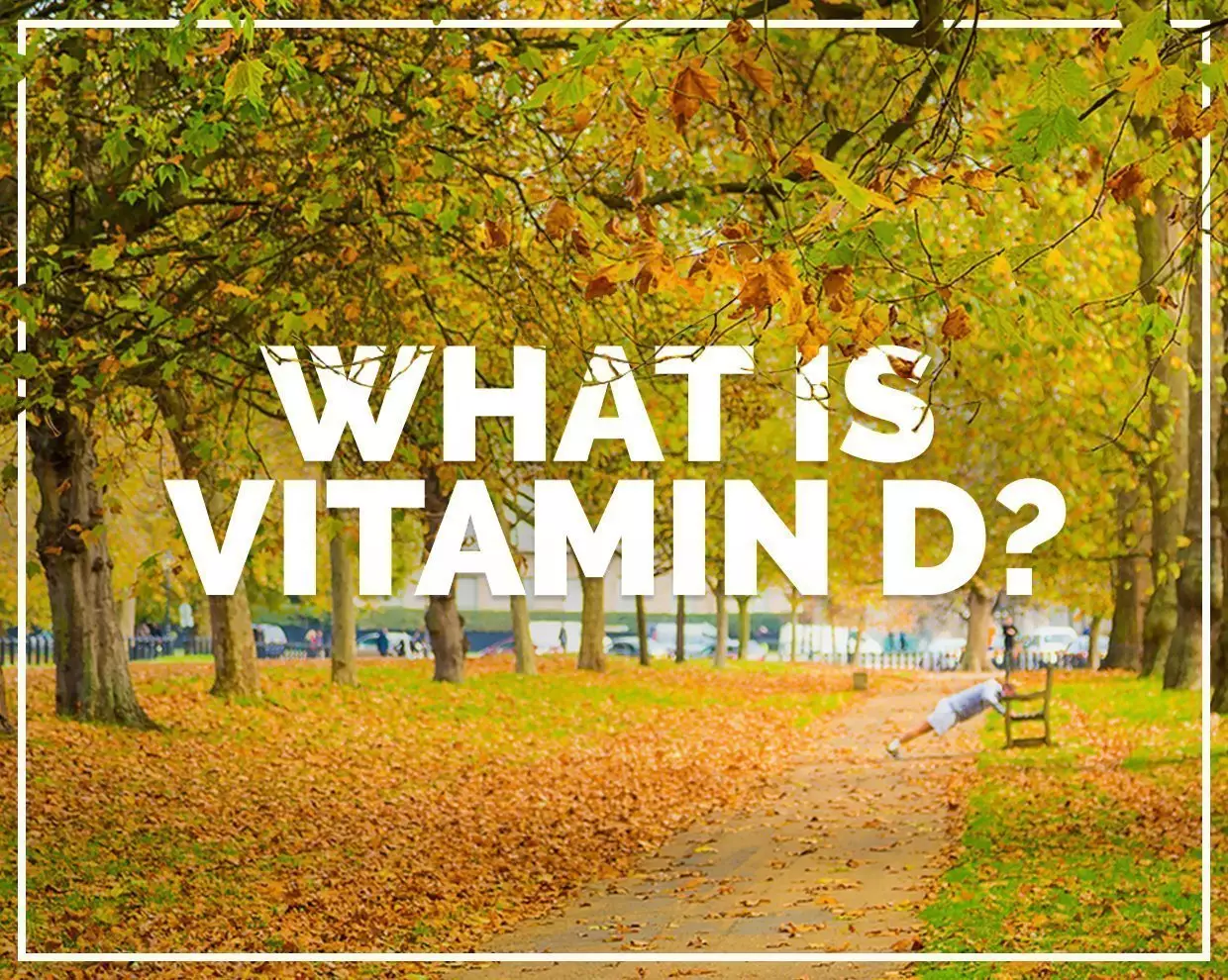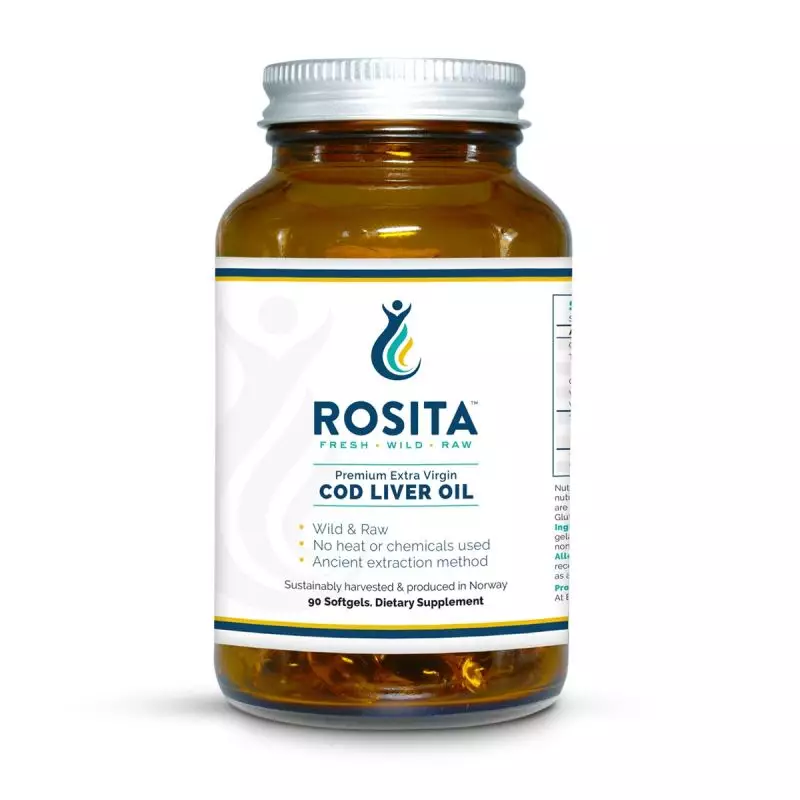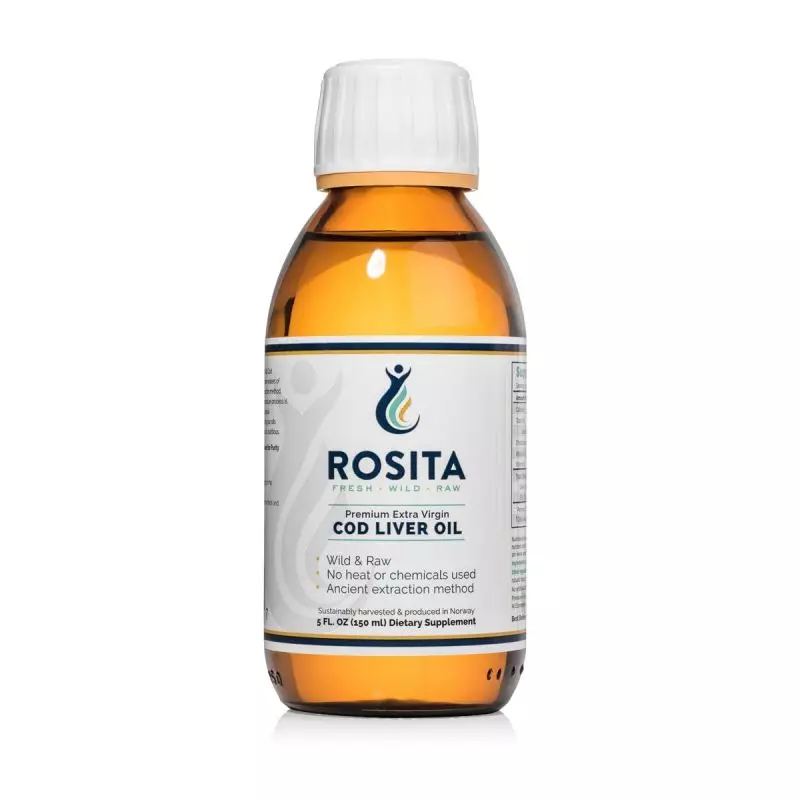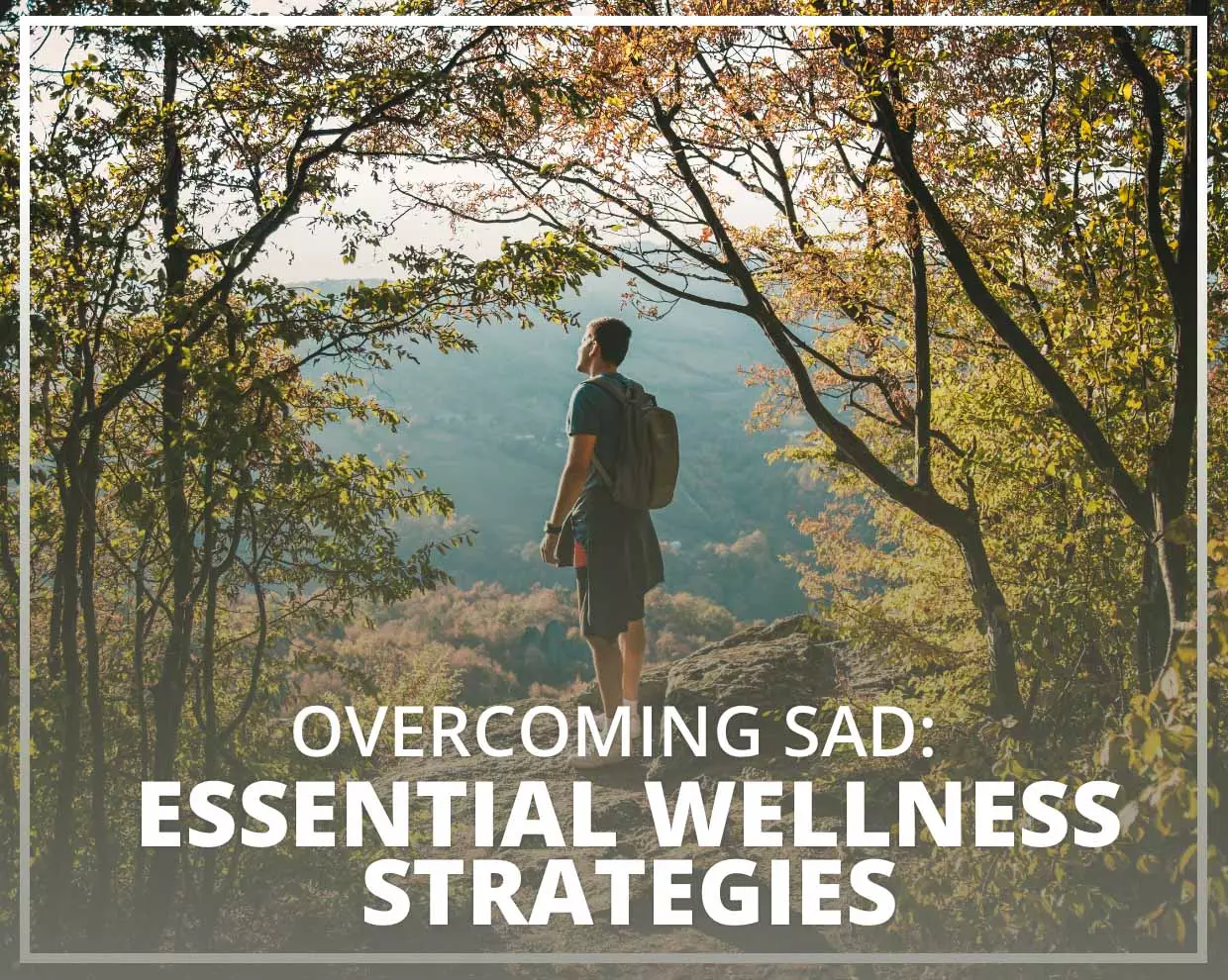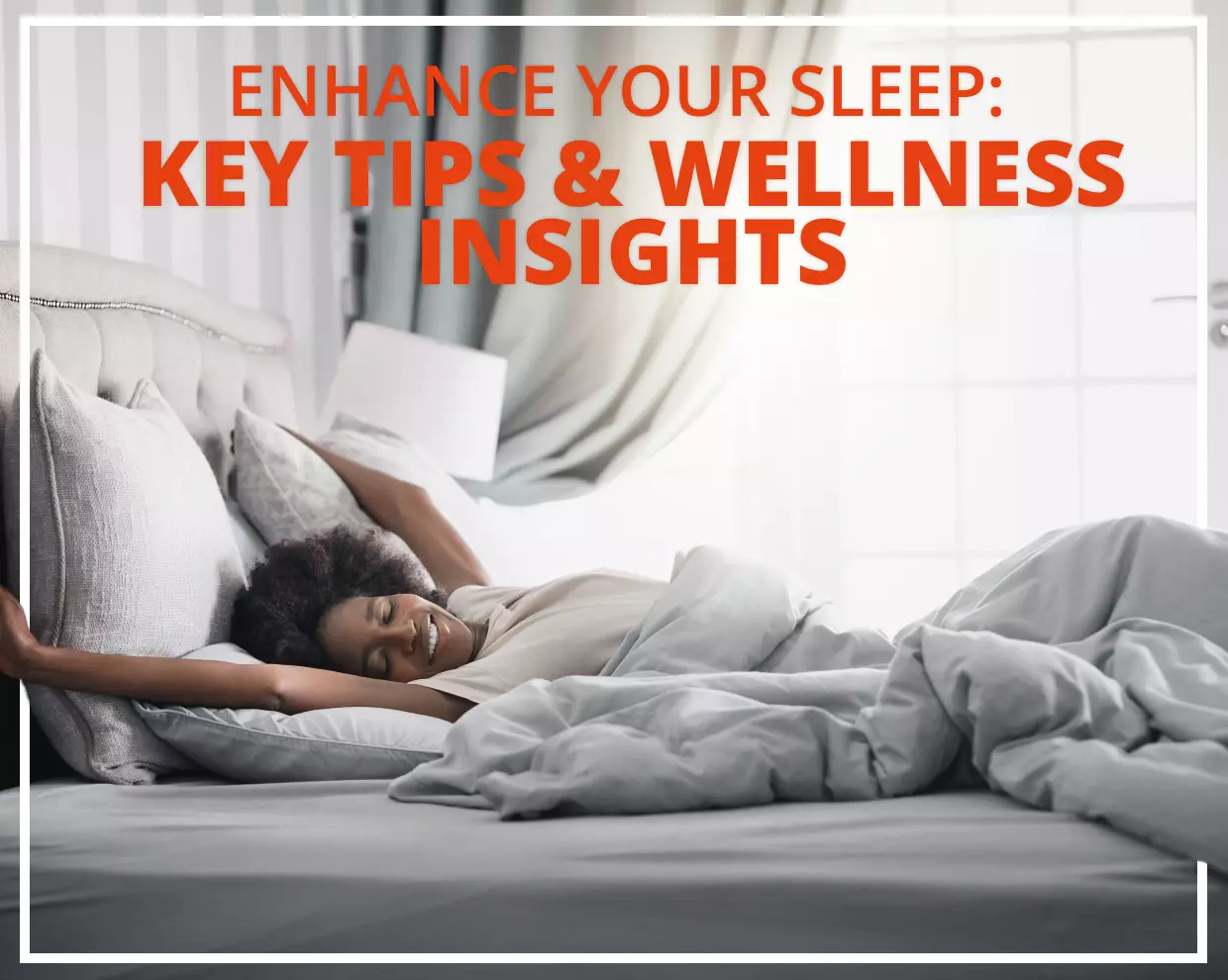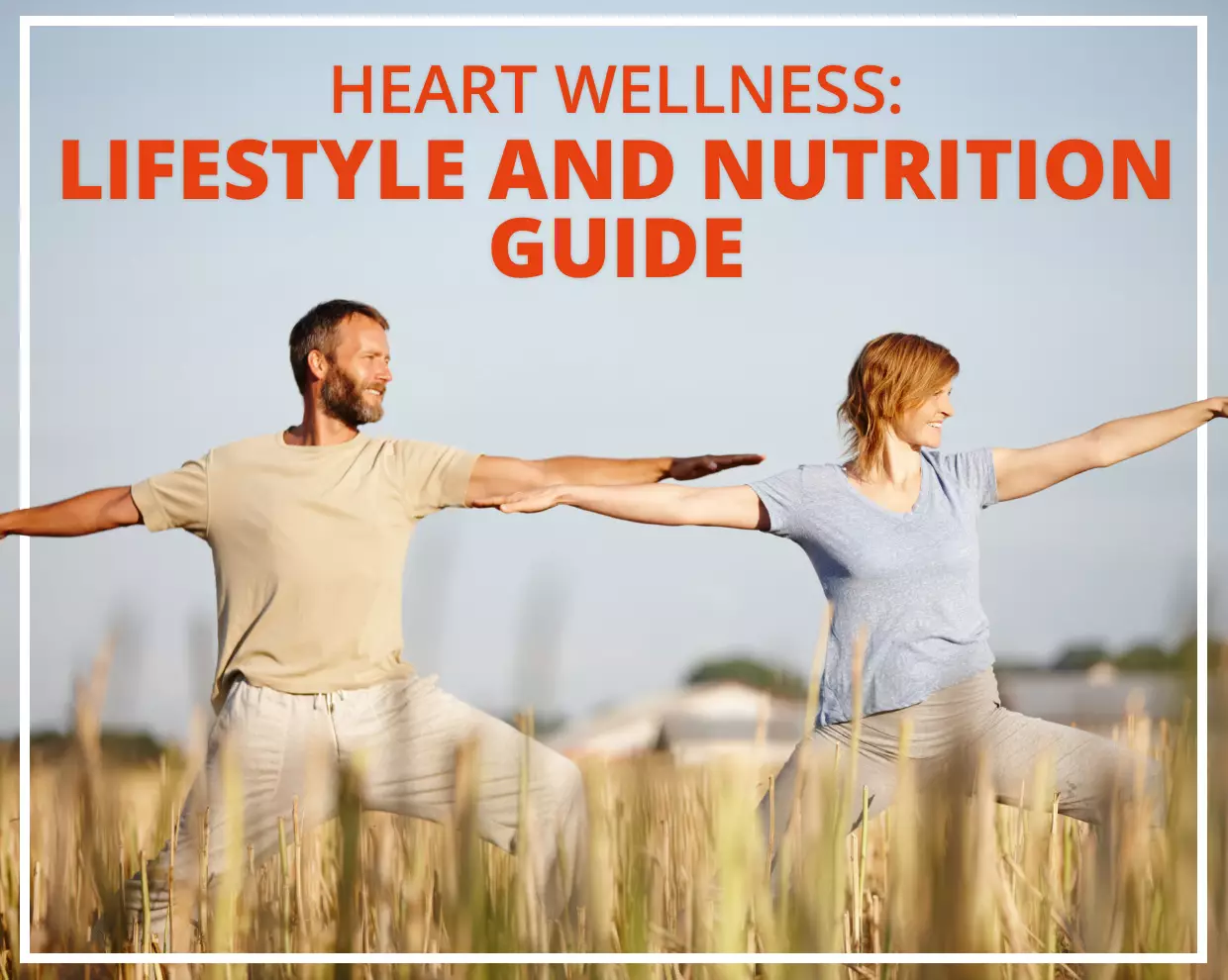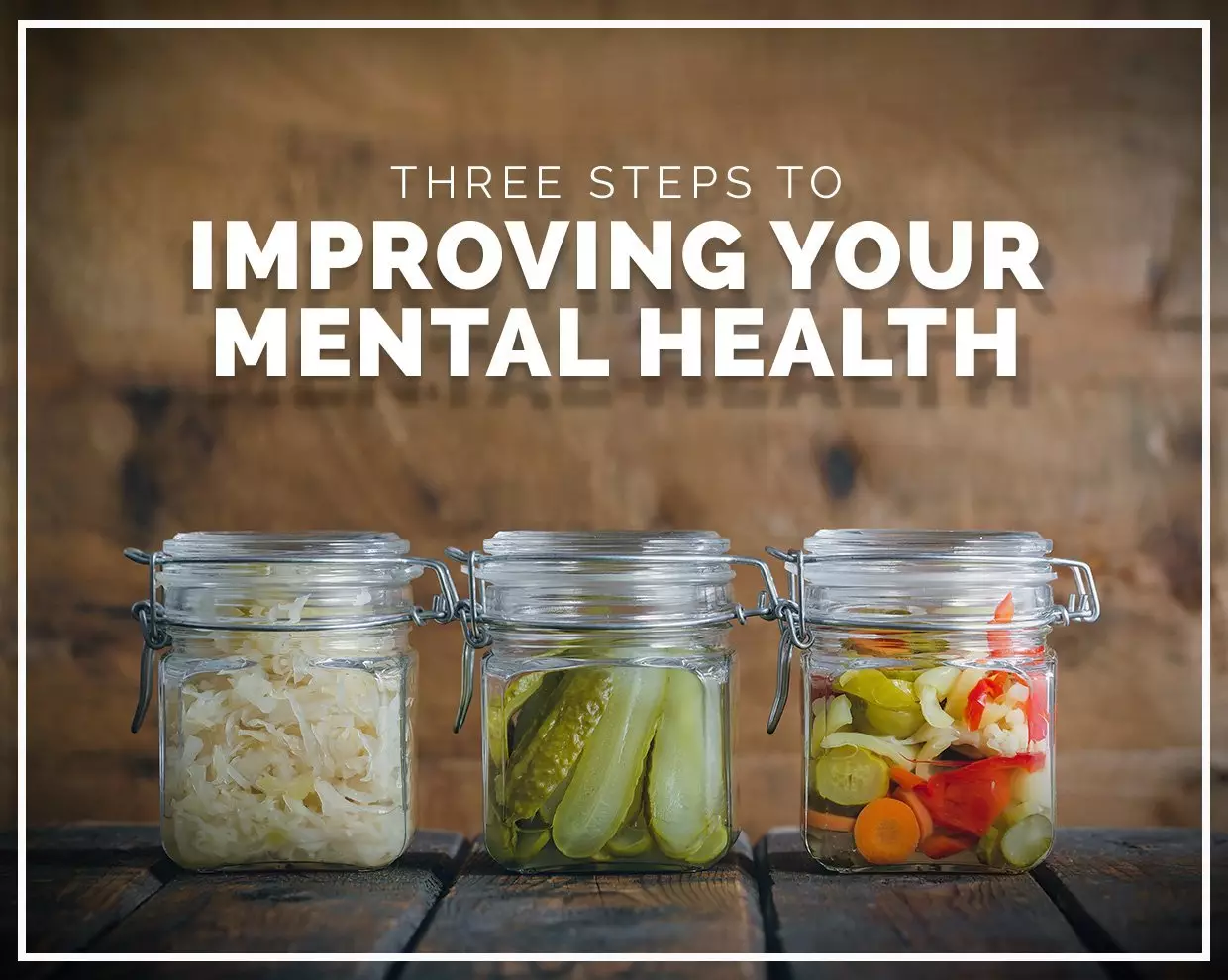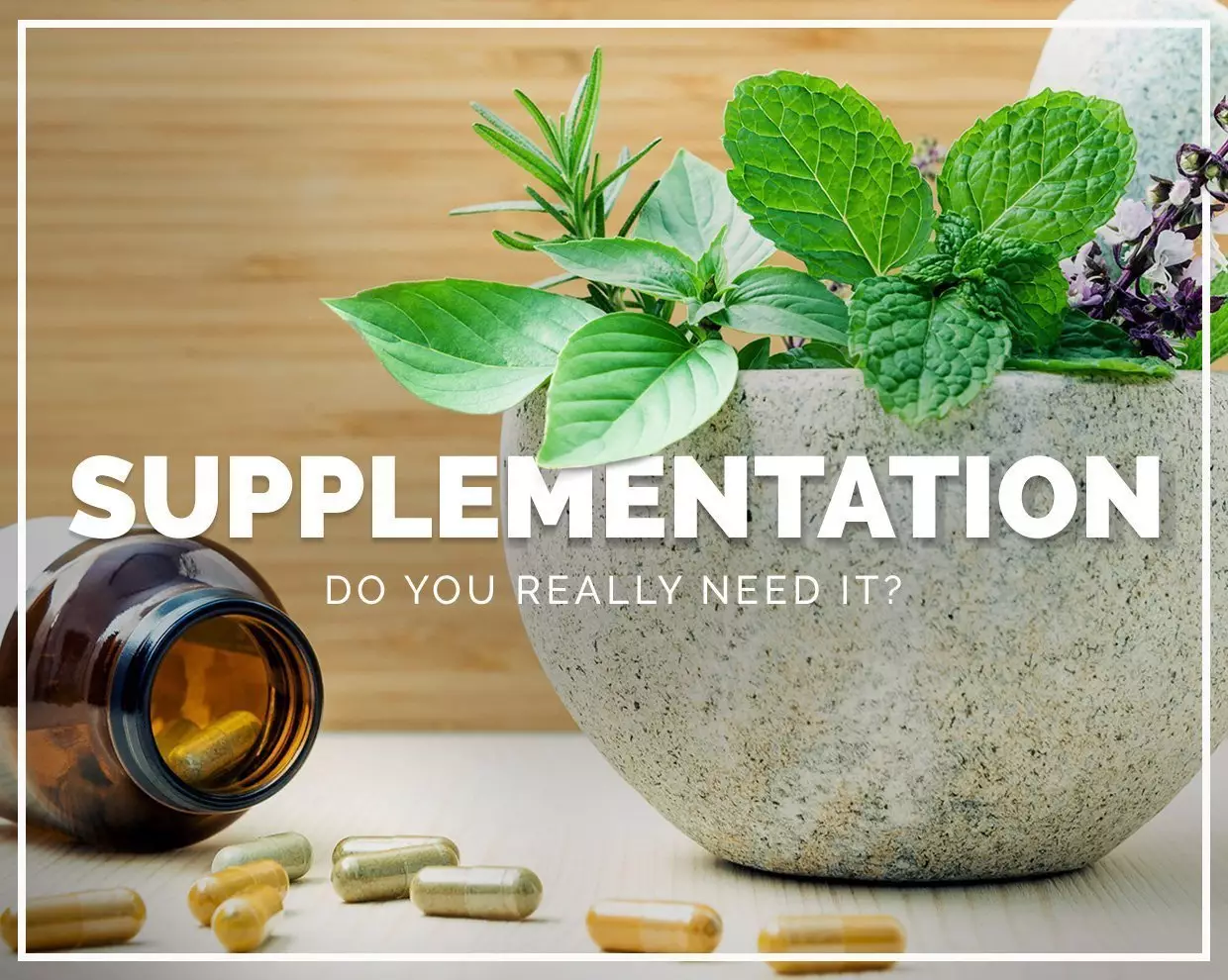A billion people worldwide are deficient in Vitamin D(1). That’s a lot of people missing out on sunshine. With the cooler weather now approaching this is a good time to ask yourself if you’re getting enough Vitamin D for optimum health.
What is Vitamin D?
Vitamin D, the ‘sunshine vitamin’ is made in the body when UVB sunlight hits your skin, which triggers Vitamin D synthesis. You can get some vitamin D through your diet by including liver, grass-fed butter, eggs, and oily fish. However the best source of vitamin D comes from sun exposure.
With the arrival of autumn in the southern hemisphere, we begin to lose the high noon elevation of the summertime sun. When the sun is low in the sky, the sunlight travels across a longer slanting path through the earth’s atmosphere, which attenuates the levels of UVB radiation reaching your skin(2). This makes it difficult for you to produce sufficient Vitamin D during the autumn and winter months.
How Vitamin D synthesis occurs
Vitamin D is an oil soluble steroid hormone that forms when your skin is exposed to UVB radiation from the sun. When UVB strikes the surface of your skin, your skin converts a cholesterol derivative into vitamin D3. It takes up to 48 hours for vitamin D3 to be absorbed into your bloodstream to elevate your vitamin D levels, so it is important not to wash those valuable oils off your skin with an all over soap wash(3).
Why do I need Vitamin D?
Maintaining good levels of Vitamin D in the body is important to both our physical and mental health(4). There are Vitamin D receptor proteins in almost every cell in the body - it can help with with mood, sleep, energy levels and immune system functioning (because it inhibits inflammatory cytokines which cause inflammation(5)).
Vitamin D regulates the function of more than 200 genes, and a Vit D deficiency increases your risk factors for heart disease, stroke, autoimmune diseases and seventeen different types of cancer(6).
Vitamin D3 supplementation
Vitamin D supplementation could be worth considering during the cooler months of the year, especially for people who spend most of their time indoors. Many multi-vitamins and over the counter products have low levels of synthetic Vitamin D and simply don’t have enough IU’s (International Units) of Vitamin D for optimum health. Some functional practitioners recommend taking 5,000 IU’s per day, and it is essential to take it along with healthy fats to aid absorption.
Rosita Extra Virgin Cod Liver Oil (EVCLO) is a great natural source of Vitamin D, containing the cholecalciferol (D3) form. Choosing a natural food-based form of Vit D over a synthetic version means the micronutrients are highly bioavailable and easy to absorb, digest and assimilate in your body. An exclusive cold-process artisan method extracts the oil and preserves the delicate nutrients that are naturally present in wild cod livers. Food-based supplements like EVCLO provide micronutrients to your body in the way that nature intended. Read our blog on food-based supplementation to find out more.
Test your levels
If you are concerned about your Vitamin D levels, it may be worth getting tested either via your GP or by accessing a finger prick test kit that you can do at home. The Vitamin D Council has some useful resources which can be used to review your Vit D serum levels once you receive your results, or your functional practitioner or health coach can assist with the next steps to ensure your Vit D levels are optimum all year round.
References
1. Vitamin D Deficiency- An Ignored Epidemic
2. Seasonal Changes in Vitamin D-Effective UVB Availability in Europe and Associations with Population Serum 25-Hydroxyvitamin D
3. Sunlight and Vitamin D
4. Vitamin D, a fact sheet for health professionals.
5. Vitamin D and Depression: Where is all the Sunshine?
6. Vitamin D and the Immune System
7. Vitamin D Deficiency- An Ignored Epidemic

 AU Store
AU Store  UK Store
UK Store NZ Store
NZ Store EU Store
EU Store

